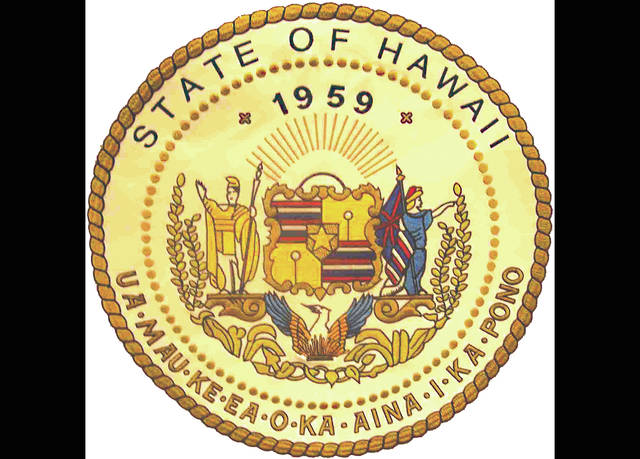KAILUA-KONA — A homelessness package headlined by the concept of ohana zones is on its way to final votes on the state House and Senate floors after clearing conference committee Friday afternoon.
Senate Bill 2401 SD2 HD1 CD1 includes almost $35 million to address chronic homelessness, spread across several initiatives.
“This multipronged approach will help thousands of individuals because one size doesn’t fit all for this problem,” said Sen. Josh Green, D-Kona, Ka‘u, who served on the conference committee.
The measure will establish at least one ohana zone on each island. Ohana zones differ from homeless camps in that they provide wraparound services on-site to help people prepare for long-term housing solutions.
Last week, legislators also approved $15 million to bolster existing homeless service programs, $3 million more than requested by Gov. David Ige. The funds are not tied to specific initiatives but were appropriated in a lump sum to allow for the most effective allocation.
“This has been the most comprehensive year ever in funding homeless initiatives,” said Rep. John Mizuno, an Oahu Democrat and chairman of the Health and Human Services Committee, in a press release. “We are focused on addressing our homeless crisis rather than funding more homeless sweeps. We have focused our policies to provide our people in need with stability, a place to heal and the ability to become self-sufficient.”
The amount of money allocated for each ohana zone will depend on the specific characteristics of the chosen sites. Green said the program will attempt to use state land wherever possible.
Exactly what Hawaii Island’s ohana zone will look like, or where it will be located, remains unclear. The county already began work to develop plans for Village 9 off Kealakehe Parkway in Kailua-Kona on roughly 15 acres of state land.
However, Hilo is home to the island’s greatest concentration of homeless individuals.
“We envision directly that (the) Big Island will get one of the ohana zones, and we expect that Mayor (Harry) Kim will be directed by the governor on how he can best spend a part of that $35 million to have an ohana zone that will (provide) not just shelter but also social services and health care, and some minor security,” Green said.
Transportation is mentioned directly in the final draft of the measure, which could imply ohana zone locations on public bus routes or the purchase of one or several vans to help get children to school and adults to work.
Executive branch agencies, likely the Department of Human Services and one of the building departments, will be appointed to administer the ohana zones program, Green added.
Also included in the legislation is $1 million to be matched by The Queen’s Medical Center for homeless emergency room diversion and care. The purpose is to provide medical services to homeless individuals whose needs might not require emergency room services, where they would nevertheless end up, clearing space for others who need more immediate attention.
“That will decrease costs overall very significantly,” Green said.
The bill will provide another $1 million, also to be matched by the private sector, for medical respite. Many homeless who require surgery, for instance, often find themselves back on the street too early for comfort. This can result in a host of problems, landing them back in the hospital and consuming medical attention and resources that would otherwise have been available elsewhere.
Allocations in the amount of $400,000 will establish Law Enforcement Assisted Diversion positions on Hawaii Island and Maui. The program works with homeless individuals guilty of less serious criminal infractions, attempting to rehabilitate them and help them get off the street rather than incurring the cost of jailing them. Green stressed the LEAD program only extends to minor offenders.
Also included in the final version of SB 2401 is $800,000 for a new family assessment center somewhere in the state. The specific location, yet to be established, will be determined on the basis of greatest need.
The conference committee also sent Senate Bill 2027 SD2 HD1 CD1 to final votes Friday. Introduced by Green, the measure includes $1.5 million for homelessness prevention through the Coordinated Statewide Homeless Initiative for people on the brink of homelessness.
Program funding provides 1-2 months of support to families teetering on the edge of homelessness to help keep them indoors.
Email Max Dible at mdible@westhawaiitoday.com.



